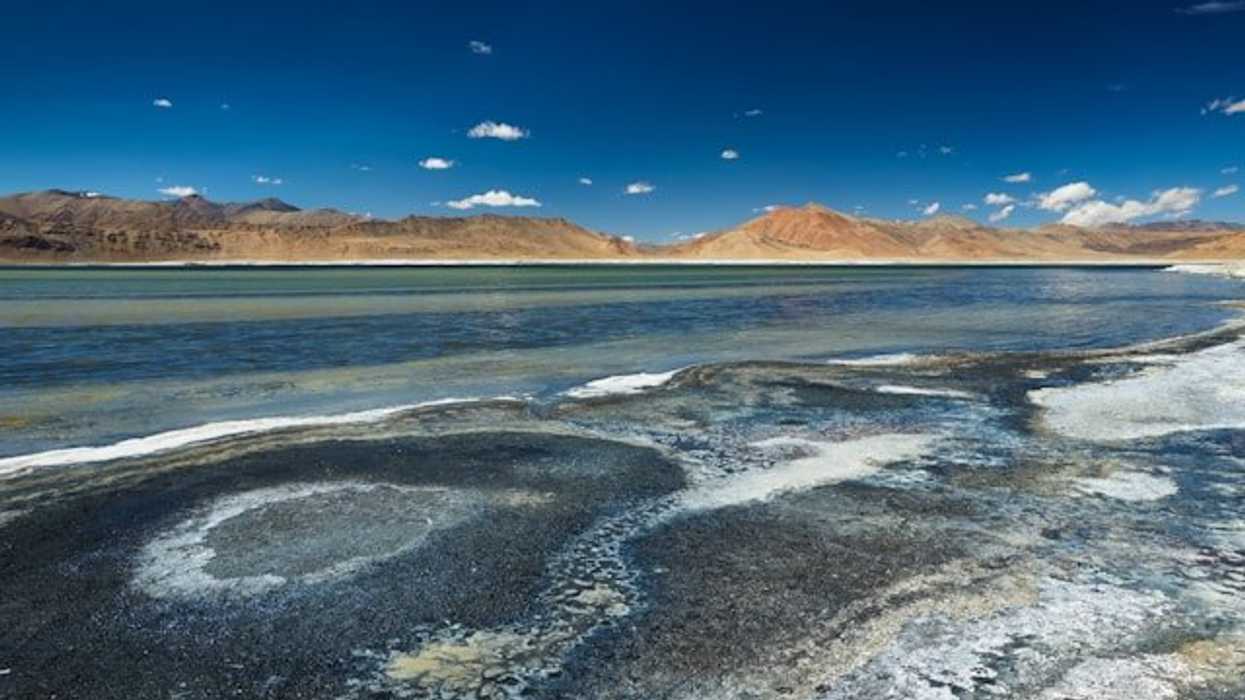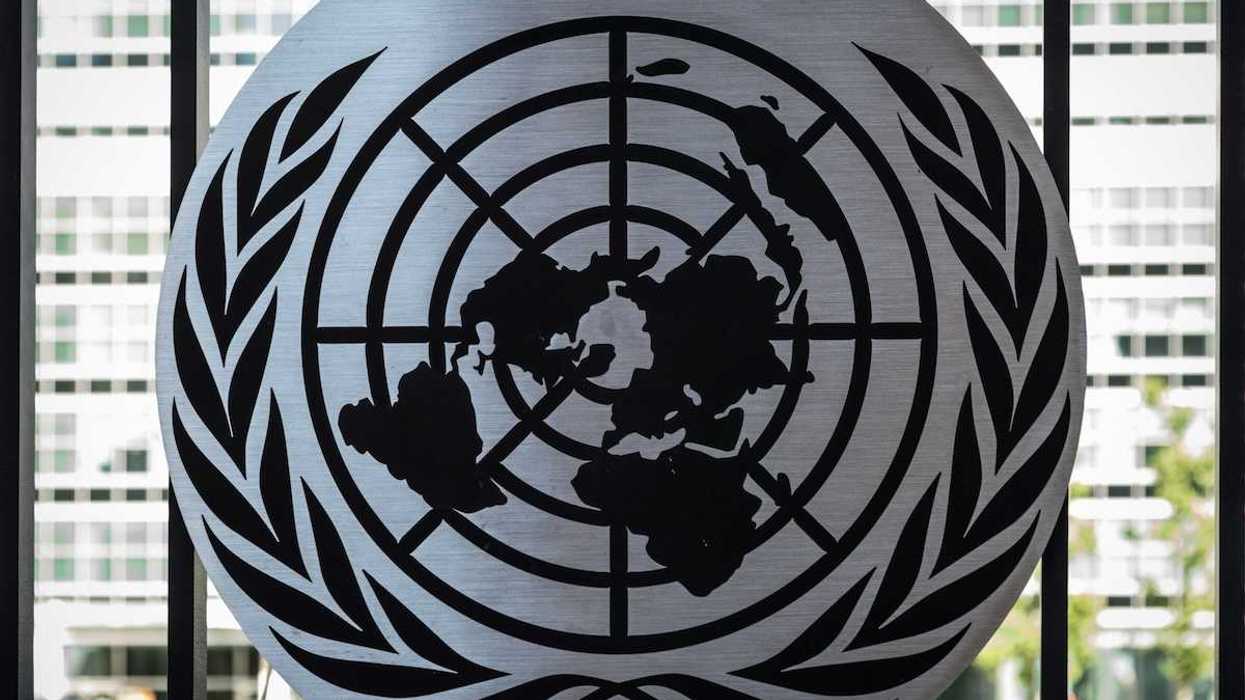A wave of testimonies from South African vineyard workers exposed to EU-banned chemicals reveals the human cost of Europe’s pesticide exports.
Natasha Foote reports for Euronews.
In short:
- Despite bans in the EU, European companies continue to produce and export highly hazardous pesticides like Dormex to countries like South Africa, where protections for farm workers are weak or nonexistent.
- At a community-led tribunal in Stellenbosch, workers described respiratory illness, cancer, and other health impacts from pesticides used in vineyards that supply wine to European markets.
- Legal and health experts argue this trade represents a double standard, as Europe profits from chemicals too dangerous for its own people while ignoring their effects on vulnerable communities abroad.
Key quote:
“If it’s not good enough for Europeans, why do they think it’s good enough for us?”
— Anonymous South African farm worker
Why this matters:
Although banned within the European Union due to their toxicity, pesticides like paraquat and acetochlor continue to be manufactured in Europe and exported to countries with fewer regulatory protections, reigniting long-standing debates about environmental colonialism. South Africa, with its sprawling wine farms and global export ties, has become emblematic of the issue. Here, many of the laborers — often women from historically marginalized communities — are exposed to these hazardous chemicals without adequate protective gear or oversight. The health toll includes respiratory illness, skin disorders, reproductive challenges, and heightened cancer risks. This disconnect—between what is considered safe for Europeans and what is deemed acceptable for others—lays bare an enduring system of double standards.
Related: Higher estimated pesticide exposures linked to ALS risk














